The content of the article
Vaccination is a very important and necessary measure that will protect the child from formidable diseases. Therefore, absolutely all parents worry about their baby when he is facing such a serious procedure. After all, mothers and fathers want their children to grow up healthy and never get sick. Adults always carefully listen to medical instructions before the upcoming vaccination. They want to follow exactly all the recommendations. Therefore, they often ask doctors the question of whether it is possible to take a walk with the child after vaccination.
Even doctors can not unequivocally answer this question, because it all depends on the baby’s well-being, season, and some other circumstances. Sometimes pediatricians recommend for reinsurance not to walk for several days with the baby after vaccination. Other experts consider it inappropriate to deprive the child of a useful stay in the fresh air. Let's try to understand the details of this situation.
Opinions of experts
The opinion that after the introduction of the vaccine the child’s body is more susceptible to infections is wrong. Live attenuated vaccines are introduced in order to form immunity in the baby's body against a specific type of pathogen. Vaccinations are given mainly against dangerous infections that can lead to death. Among them, diphtheria, measles, whooping cough, polio and other diseases. Therefore, fears that after vaccination the baby becomes defenseless, completely groundless.
In which cases it is better to refrain from walking
Of course, in certain situations, a ban on walking with a child immediately after vaccination will be justified. Such a decision can be made by a pediatrician if the vaccine was given to a not quite healthy child. That is, there was a case of violation of the instructions, because any kind of vaccination should be given only to completely healthy children. Restrictions are also imposed if a pathological reaction appears as a result of vaccination. These signs include:
- high temperature (above 39 *);
- allergic manifestations (rash, hyperemia);
- respiratory effects;
- child refusal to eat;
- anxiety, sleep disturbance;
- respiratory failure.
This list lists the most common deviations that can occur in babies after vaccination. But if all these signs are not pronounced, then you can not deprive the baby of fresh air. It’s just that you can shorten your walk time a bit.
Another important point: if the baby does not feel well after vaccination, parents should refrain from contact with other children for some time. When the critical period passes, then it will be possible to return to full walks.
The role of the type of vaccination
In principle, the possibility of a baby staying in the air does not depend on the vaccination itself. Although the reaction to the introduction of the vaccine can serve as a reason limiting this possibility.Let's try to figure out how different vaccinations can affect this process:
- DTP is a combination vaccine. It is on it that the reaction is most often observed in young children. It usually manifests itself in an increase to 38 degrees. A similar phenomenon is observed only in the first day after immunization.
- Hepatitis B vaccine usually goes smoothly. Therefore, any deterioration in the well-being of the baby must alert adults.
- A polio vaccine very rarely produces an allergic reaction. In this situation, antihistamines help.
- After vaccination against rubella, measles, and mumps, a reaction can be expected only after a week.
- Acute events can be caused by influenza vaccines. The reaction is usually similar to the manifestation of rhinitis, there may be subfebrile temperature, cough.
Useful Tips for Parents
To prevent the child's vaccination procedure from becoming a problem, the following tips will be useful to mothers and fathers, which are logically divided into two stages:
Before vaccination:
- Vaccination should be done only to a completely healthy baby. If the child was sick, then after his recovery two weeks should pass.
- On the day of vaccination in the diet can not introduce new products. This also applies to the introduction of complementary foods.
- If DTP vaccination is planned, the child should be examined by a neurologist and pediatrician. If certain diseases are identified, vaccination can be delayed or canceled altogether.
- Children with a tendency to allergic manifestations should be consulted by an allergist.
- Parents must be sure of the qualifications of the doctor who gives permission for vaccination. It is also a good idea to verify the suitability of the vaccine to be given to the baby.
After vaccination
After the procedure, you should once again ask the pediatrician about the possible complications that may occur after vaccination. Parents should also know what they should do in such cases.
- After the manipulation, adults should try to calm the child. You can distract the baby with your favorite toy or pick it up.
- Within half an hour after vaccination, you must still stay in a medical institution. This is necessary in case of a negative reaction.
- If after the procedure the child is active and plays with pleasure, you can take a walk with him.
- When the temperature rises, you should give the baby a dose of an antipyretic recommended by your doctor. Such a need may arise after the administration of DTP - vaccine.
- If a specialist prescribed antihistamines, they should also be given to the child.
- You can bathe after vaccinating the baby, if he has normal health.
- The feeding regimen one week after vaccination should remain unchanged. The same goes for diet.
- If adverse reactions occur, you should definitely consult a doctor.
In conclusion, it remains to add that walks are necessary for the full development of the baby. Vaccination is a planned and very necessary procedure for children's health. Therefore, if the baby tolerated the vaccination well and his condition is normal, walking is a must. In the event of an unfavorable course after the immunization of the baby, parents should not take independent actions. It is necessary to call a doctor at home and strictly fulfill his appointment. Perhaps the baby’s temporary malaise is not caused by vaccination, but by a completely different reason.
Video: vaccinations - reactions and complications

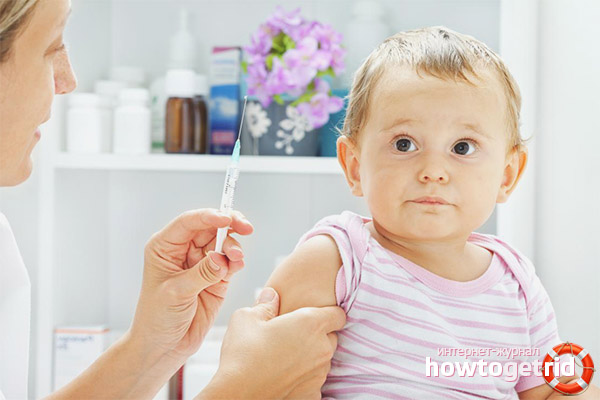
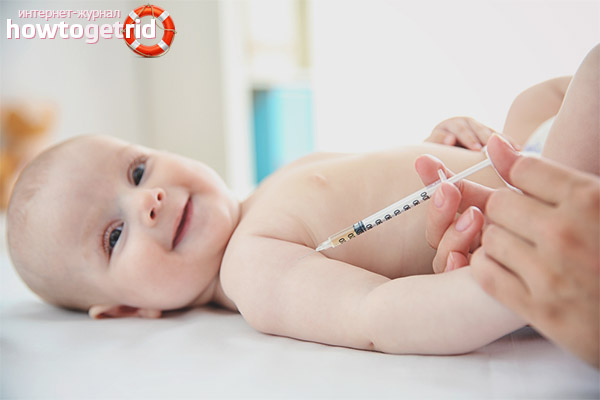

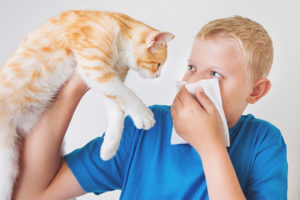
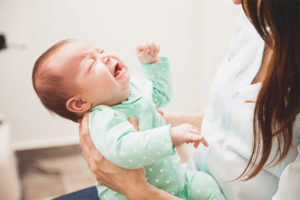
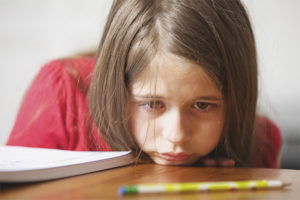
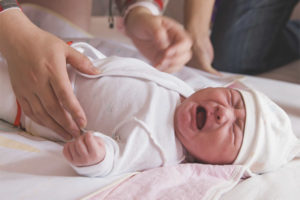
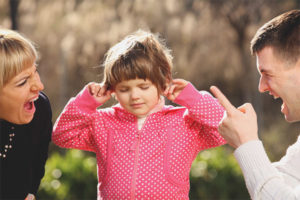
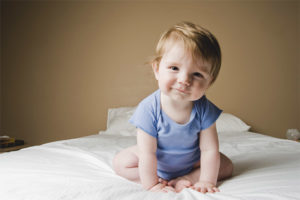
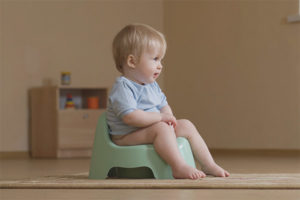
Submit